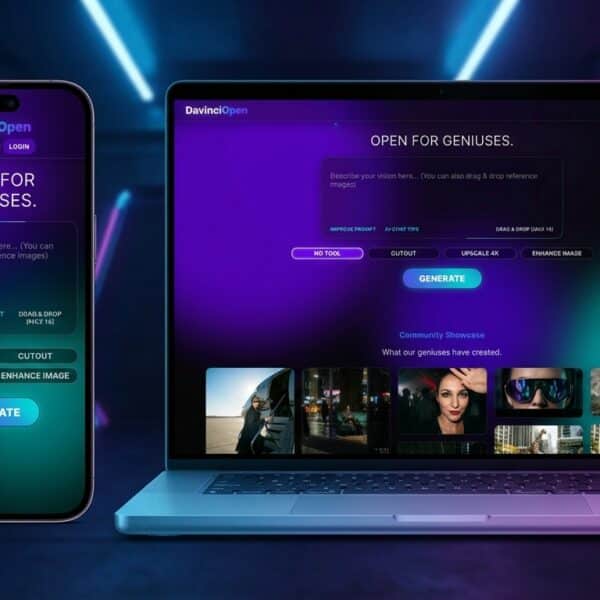In an era dominated by smartphones and constant connectivity, the world of recruitment is undergoing a significant transformation. Mobile recruiting, once considered an auxiliary strategy, has now become a crucial element for organizations seeking to engage with a dynamic and on-the-go workforce. In this blog post, we’ll explore why mobile recruiting matters and provide insights into how companies can implement it successfully.
Introduction: The Mobile Revolution in Recruitment
Mobile devices have become an integral part of our daily lives, influencing how we communicate, access information, and even search for job opportunities. As such, the recruitment landscape is adapting to meet the expectations of candidates who prefer the convenience and flexibility offered by mobile platforms.
| Aspect | Benefits | Strategies |
|---|---|---|
| Accessibility and Reach | Broader audience access | Mobile-Optimized Application Processes |
| Speed and Efficiency | Accelerated hiring process | Leveraging Social Media Platforms |
| Millennial and Gen Z Engagement | Tech-savvy attraction | Interactive and Engaging Content |
| Mobile-Optimized Application Processes | Streamlined application | Mobile-Focused Communication |
| Leveraging Social Media Platforms | Enhanced visibility | Security Concerns |
| Interactive and Engaging Content | Showcasing company culture | User Experience Testing |
| Mobile-Focused Communication | Enhanced candidate communication | |
| Overcoming Challenges in Mobile Recruiting | ||
| Security Concerns | Protected candidate information | |
| User Experience Testing | Frustration-free experience |
The Significance of Mobile Recruiting:
- Accessibility and Reach: With mobile devices, job opportunities are accessible to a broader audience. Mobile recruiting ensures that potential candidates can explore and apply for positions anytime, anywhere, breaking down geographical barriers.
- Speed and Efficiency: Mobile recruiting accelerates the hiring process. Candidates can submit applications, update profiles, and respond to communications promptly. This agility is especially crucial in competitive industries where swift hiring decisions can make the difference in securing top talent.
- Millennial and Gen Z Engagement: The younger workforce, comprising Millennials and Generation Z, heavily relies on mobile devices for various aspects of their lives, including job searches. To attract and retain these tech-savvy generations, companies must align their recruitment strategies with mobile preferences.



Implementing Successful Mobile Recruiting Strategies:
- Mobile-Optimized Application Processes: Streamline your application process for mobile users. Ensure that your career portal and application forms are mobile-friendly, offering a seamless experience for candidates accessing them from smartphones or tablets.
- Leveraging Social Media Platforms: Many candidates use social media apps on their mobile devices. Capitalize on this by promoting job opportunities through platforms like LinkedIn, Instagram, and Twitter. Implementing targeted mobile advertising can also enhance visibility.
- Interactive and Engaging Content: Develop mobile-friendly content such as videos and interactive job descriptions. Visual elements are more engaging on mobile screens, providing a captivating way to showcase company culture, values, and day-in-the-life perspectives.
- Mobile-Focused Communication: Utilize mobile channels for communication throughout the recruitment process. Whether through text messages, instant messaging apps, or mobile-friendly emails, keep candidates informed about their application status and next steps.
Overcoming Challenges in Mobile Recruiting:
- Security Concerns: Address security issues related to mobile recruiting, ensuring that sensitive candidate information is protected. Implement secure channels for communication and use encrypted platforms.
- User Experience Testing: Regularly test your mobile recruitment processes from the candidate’s perspective. Identify and resolve any usability issues to provide a smooth and frustration-free experience.
Conclusion: Embracing Mobile Recruiting for Future Success
As we navigate the digital landscape of [current year], mobile recruiting stands out as a strategic imperative rather than a mere convenience. Companies that embrace this shift and optimize their recruitment strategies for mobile devices will not only attract top talent but also position themselves as forward-thinking and adaptive in the evolving world of talent acquisition.


















































